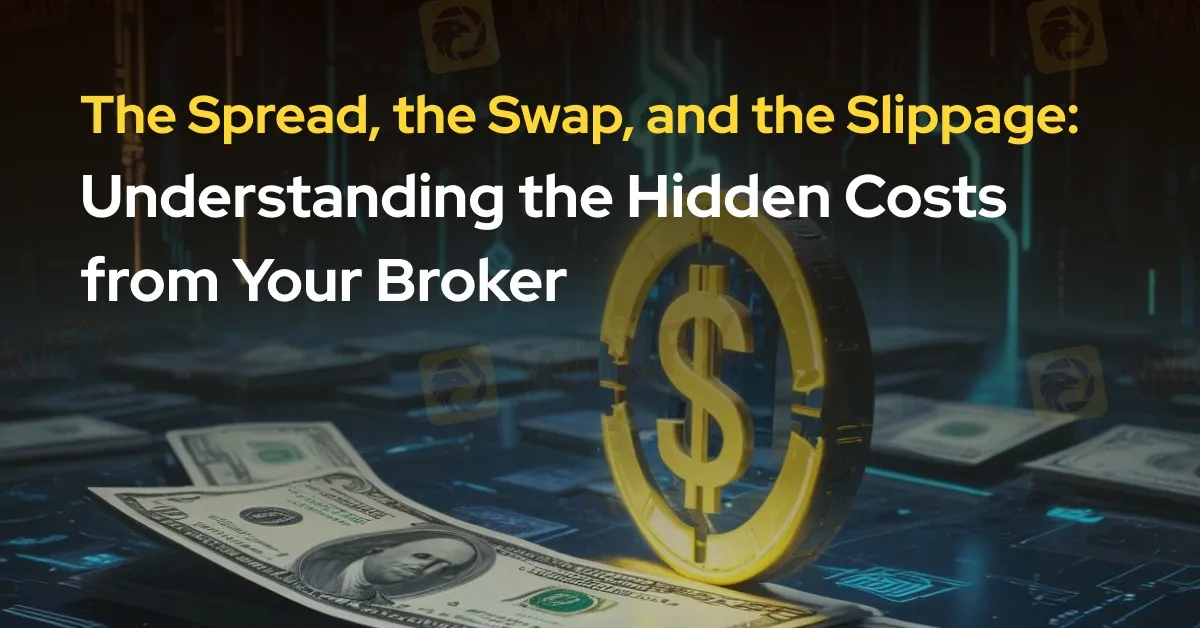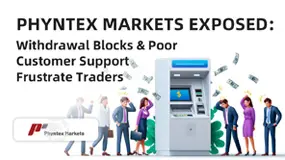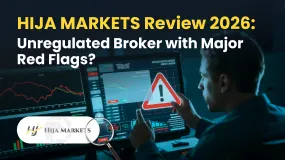Abstract:Hidden costs like spreads, swaps, and slippage can eat away at your profits if not managed carefully. Brokers often gloss over these costs, leaving traders unaware of their true impact. Understanding how these fees work is essential for any trader who wants to maintain profitability and avoid unnecessary losses.

When trading forex or crypto, its easy to focus on price movements and ignore the more subtle factors affecting your bottom line. However, hidden costs like spreads, swaps, and slippage can eat away at your profits if not managed carefully. Brokers often gloss over these costs, leaving traders unaware of their true impact. Understanding how these fees work is essential for any trader who wants to maintain profitability and avoid unnecessary losses.

The spread is the difference between the bid (sell) and ask (buy) price of a currency pair or crypto asset. This is where your broker makes money on each trade, and its a cost you face every time you enter and exit a position. Spreads can be fixed or variable, with variable spreads widening during periods of high volatility. For example, a spread that is usually 1 pip might balloon to 5 pips during major economic announcements or sudden market moves. While this may seem insignificant at first, for high-frequency traders or those using large positions, the cumulative impact of wider spreads can add up quickly.
To minimize the impact of spreads, traders should carefully select brokers that offer competitive, low spreads, especially under normal market conditions. It is also wise to avoid trading during highly volatile events unless absolutely necessary, as spreads can widen unexpectedly. Additionally, opting for an ECN (Electronic Communication Network) broker can be beneficial since they typically provide tighter spreads compared to traditional market makers, which can significantly reduce the cost of trading over time.

Swap fees, also known as overnight financing or rollover fees, are charged when a trader holds a position overnight. In forex, these fees are determined by the interest rate differential between the two currencies in a pair. In crypto trading, swaps are based on the borrowing costs for holding a leveraged position. Depending on the pair and market conditions, swaps can either be positive or negative, meaning you could earn or pay the fee. Many traders are unaware of the impact these fees can have on their profits, especially if they hold positions for an extended period. Over time, these overnight fees can accumulate, significantly eroding any potential gains.
To reduce the cost of swaps, its important to check the swap rates offered by your broker for each currency pair or asset before placing any trades. If you tend to hold positions for more than a day, some brokers offer swaps-free accounts, which can be a good option for minimizing these costs. Another approach is to close positions before the end of the trading day to avoid unnecessary overnight fees, particularly in markets like crypto where leveraging is common.

Slippage occurs when the price at which your trade is executed differs from the price you intended. This typically happens in fast-moving markets where liquidity is thin or during periods of extreme volatility. Slippage can be particularly frustrating because it often results in traders losing more than expected or missing out on potential profits. For example, you may set a stop-loss order expecting to exit at a certain price, but due to slippage, the actual exit price could be much worse, increasing your losses unexpectedly.
To combat slippage, its advisable to use limit orders instead of market orders. This way, you ensure that your trades are only executed at your specified price, protecting you from the worst effects of slippage. Additionally, avoiding trading during illiquid market conditions or major news releases can help, as these are prime moments for slippage to occur. Choosing brokers with fast execution speeds is also critical, as delays can increase the likelihood of slippage, particularly in volatile markets.
Hidden costs like spreads, swaps, and slippage are an inevitable part of trading, but they dont have to derail your progress. By understanding these fees and taking proactive steps to minimize their impact, you can protect your profits and stay on the path to long-term success.
Ultimately, rushing your trading progress without accounting for these hidden fees is a mistake that many beginners make. Take the time to choose a reputable broker, plan your trades carefully, and stay aware of the costs that can eat into your gains. After all, successful trading isn‘t just about catching the big moves—it’s about managing the small costs that can accumulate over time.













